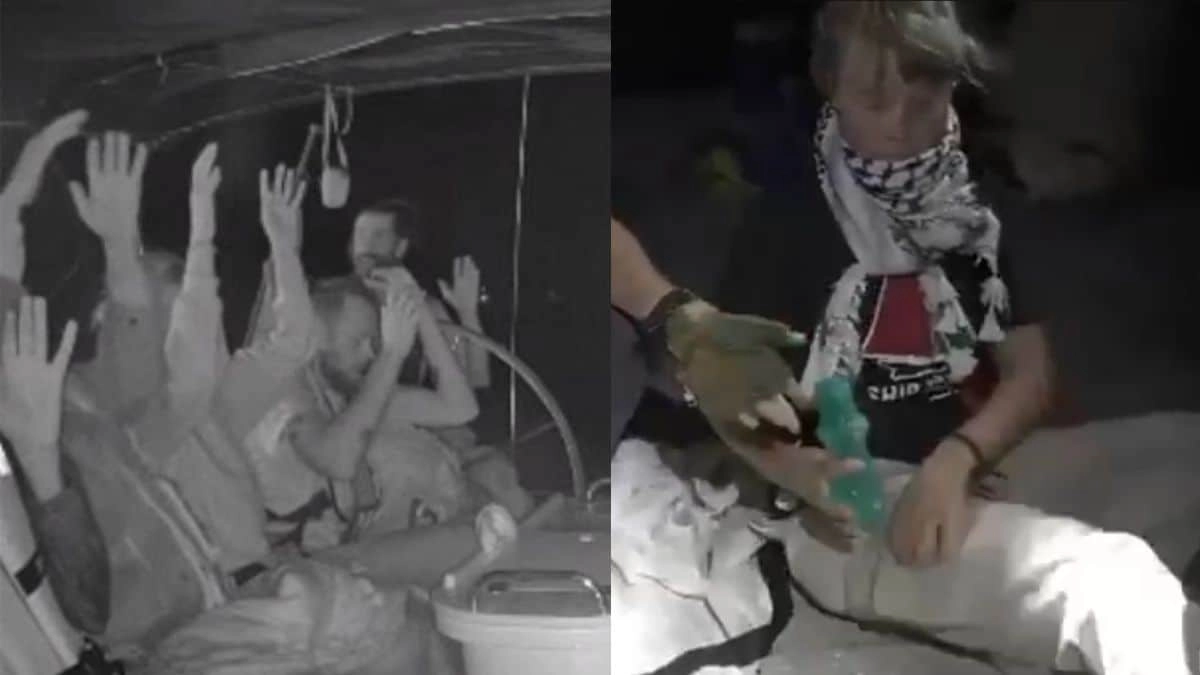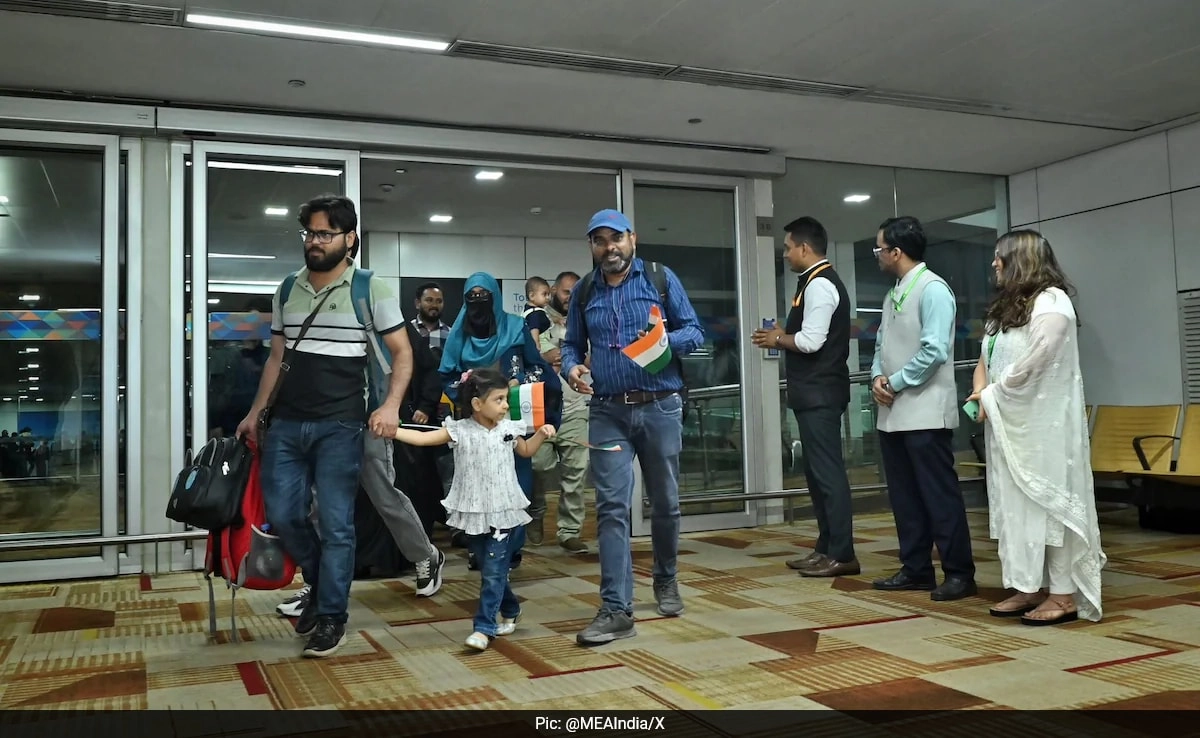Israeli forces recently intercepted a flotilla attempting to deliver aid to Gaza, a move that has drawn significant international attention and sparked discussions regarding humanitarian efforts in the region. Among the passengers was renowned climate activist Greta Thunberg, who was reported to be safe and healthy following the interception. The flotilla, consisting of several ships carrying supplies intended for the people of Gaza, aimed to highlight the ongoing humanitarian crisis in the area while drawing attention to the broader implications of the blockade.
The interception occurred in international waters, raising questions about maritime law and the rights of humanitarian missions. Israel defended its actions by stating that the flotilla was not authorized to enter Gaza and that the supplies on board could potentially be misused to support militant activities. This justification has been met with criticism from various organizations and activists, who argue that the blockade exacerbates the suffering of civilians in Gaza. Thunberg’s presence on the flotilla added a global dimension to the situation, as her involvement underscores the intersection of climate activism and humanitarian efforts.
As the news spread, reactions poured in from around the world. Supporters of the flotilla expressed outrage over Israel’s actions, calling for greater awareness and action regarding the humanitarian situation in Gaza. Conversely, others supported Israel’s stance, emphasizing the need to prioritize security concerns in a region fraught with conflict. The incident has reignited debates about the effectiveness of direct action in humanitarian advocacy and the role of international communities in addressing such crises. Thunberg’s safety was a relief for many, but her involvement in the flotilla highlights the complexities surrounding activism, humanitarianism, and the geopolitical landscape of the Middle East.
The interception of the Gaza aid flotilla is a reminder of the ongoing tensions in the region and the challenges faced by those seeking to deliver humanitarian assistance. While the presence of a high-profile figure like Greta Thunberg brought attention to the issue, it also underscored the need for a nuanced understanding of the dynamics at play. Moving forward, it is crucial for the international community to engage in constructive dialogue and seek solutions that prioritize the well-being of civilians while addressing security concerns.




